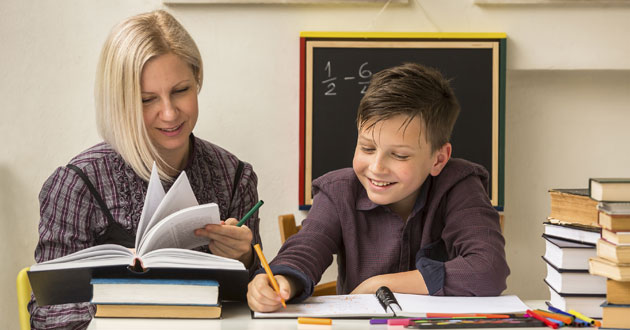School is stressful especially in light of a world-wide pandemic that caused at the very least disruption in schooling. Now students are expected to excel in each subject while keeping up with extracurricular activities while being poorly prepared from the past year.
According to a special report by EducationWeek, “Since the pandemic began, children and adolescents have had higher rates of anxiety, depression, and stress, and even more specific issues such as addictive internet behaviors.”
Stress adversely affects learning in many different ways. Here are some troubling relationships between stress and learning:
Bad Memory, Understanding, and Performance
A study published in Nature was quite revelatory: stress has the following detrimental effects on learning:
- worsens memory retrieval
- impairs cognitive function
- leads to poor exam performance
Students under stress may have trouble memorizing key definitions and points of what they are studying and thus will have a poorer understanding of their course. Naturally, their grades will suffer and likely cause their confidence to erode.
Focus Problems
The Sleep Foundation records articles and articles of the impact of stress on sleep that states the more stressed you are, the harder it is to sleep well. Additionally, the CDC states that lack of sleep creates attention and behavior problems in adolescents and teens, among other detrimental health issues.
Bottom line: when sleep suffers, so does learning.
Behavioral & Emotional Setbacks
According to findings published by the Washington Post, children exhibit poor learning behaviors when exposed to greater stress, like attention problems and lack of persistence in classroom tasks. Other problems are also seen that could hinder learning, including impulsive behavior, disruptions, and arguments by stressed students.
Stressed students have problems socializing with peers, experience sadness, are prone to withdrawal, show less self-esteem, feel lonelier, and experience heightened anxiety. It is not hard to see why students won’t do well in class under such conditions.
What You Can Do About It
Fortunately, there are several strategies to manage stress, like the following:
Deep Breathing and Mental Performance Imagery
There’s an abundance of evidence showing the positive effects of deep breathing and what is called mental performance imagery when dealing with stress. The latter is a technique used by athletes in which they visualize themselves succeeding in an upcoming event or game, using their senses of sight, hearing, feel, and smell. Students can also practice this while preparing for a test, for example.
Movement
Exercise was found to improve learning performance in stressed people according to a study. Helping your child incorporate an exercise routine into their schedule can help mitigate stress and boost performance.
Mindfulness
Study after study have shown that mindfulness–focusing awareness on the present moment while accepting current thoughts, feelings, and bodily sensations–reduces stress and improves sleep patterns.
In conclusion, stress stinks, but it’s an emotion we must coexist with. Too much stress can impede learning, which is why it’s paramount to identify it early and find your kids the support they need.




Follow Us On Social